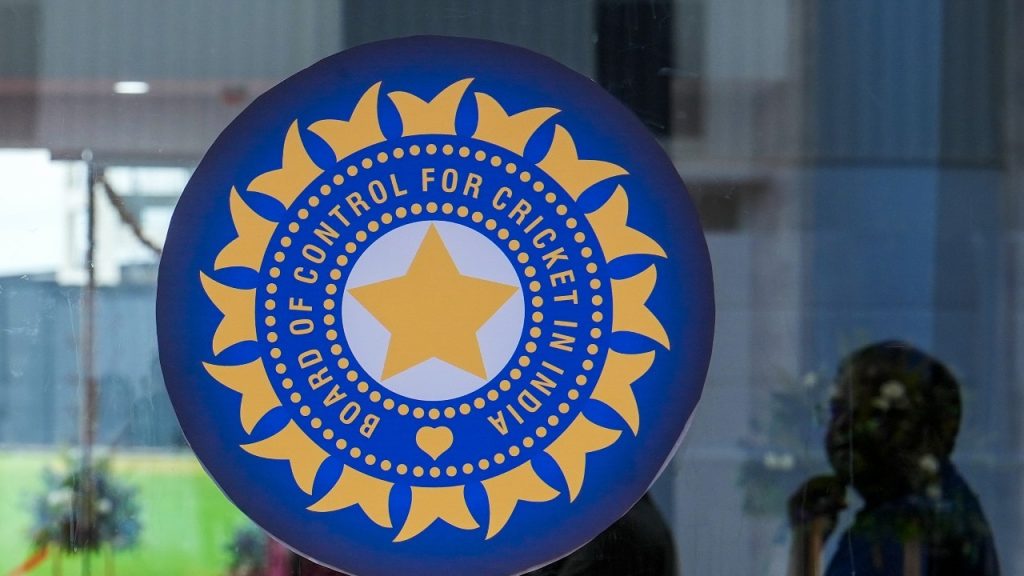A senior source from the Sports Ministry confirmed to India Today on July 22 that the Board of Control for Cricket in India (BCCI) will be governed by the National Sports Bill. Although the BCCI does not depend on government funding, its inclusion was anticipated, especially as Indian cricket teams prepare for the 2028 Los Angeles Olympics.
The Ministry of Youth Affairs and Sports introduced the draft Sports Bill on Tuesday, aiming to reform the sports ecosystem in India. With the enactment of this Bill, the BCCI is expected to be classified as a National Sports Federation (NSF).
Prior to 2019, the BCCI was not recognized as an NSF and was brought under the ambit of the RTI Act in 2020. The new Sports Bill will officially designate the BCCI as an NSF, subjecting it to all regulations and guidelines from the Sports Ministry. It remains unclear whether the recommendations from the Lodha Committee, including age restrictions and conflict of interest regulations, will continue to apply.
WHAT IS THE NATIONAL SPORTS BILL?
The Ministry of Youth Affairs and Sports has released the Draft National Sports Governance Bill, 2025, designed to transform the functioning of National Sports Federations (NSFs) and related sports entities. This legislation aims to promote transparency, athlete-focused reforms, and the implementation of global best practices in sports governance in India.
The draft Bill follows years of ineffective reform efforts and is meant to ensure ethical conduct, safeguard athletes’ rights, and create a professional and dispute-free sports environment. It also seeks to align India’s governance framework with the Olympic and Paralympic Charters, enhancing the country’s ability to host major international events, including a potential bid for the 2036 Olympic Games.
A key aspect of the Bill is its emphasis on athletes. For the first time, athletes will take center stage in policy-making. All NSFs, including the Indian Olympic Association and the National Paralympic Committee, will be required to form Athletes’ Committees, providing sportspersons a platform to express concerns and influence decisions.
IMPACT ON SPORTS FEDERATIONS
The forthcoming Sports Governance Bill, despite omitting the term “regulatory,” is set to bring significant changes to Indian sports by establishing a powerful National Sports Board (NSB) with the authority to suspend sports federations based on complaints or its discretion. This board, consisting entirely of government appointees, will be able to address issues like flawed elections and financial mismanagement within national federations.
The NSB will be led by a chairperson and composed of members selected through a government-supervised search process. The selection panel will include the Cabinet Secretary or Sports Secretary, the Director General of the Sports Authority of India, two former office-bearers of national federations, and a distinguished athlete awarded the Arjuna, Khel Ratna, or Dronacharya honor.
The Board will have the authority to recognize national federations and appoint ad-hoc committees for suspended sports bodies. It will also engage with international federations to safeguard athletes’ welfare and provide binding guidelines to national federations to ensure alignment with global standards.
– Ends



